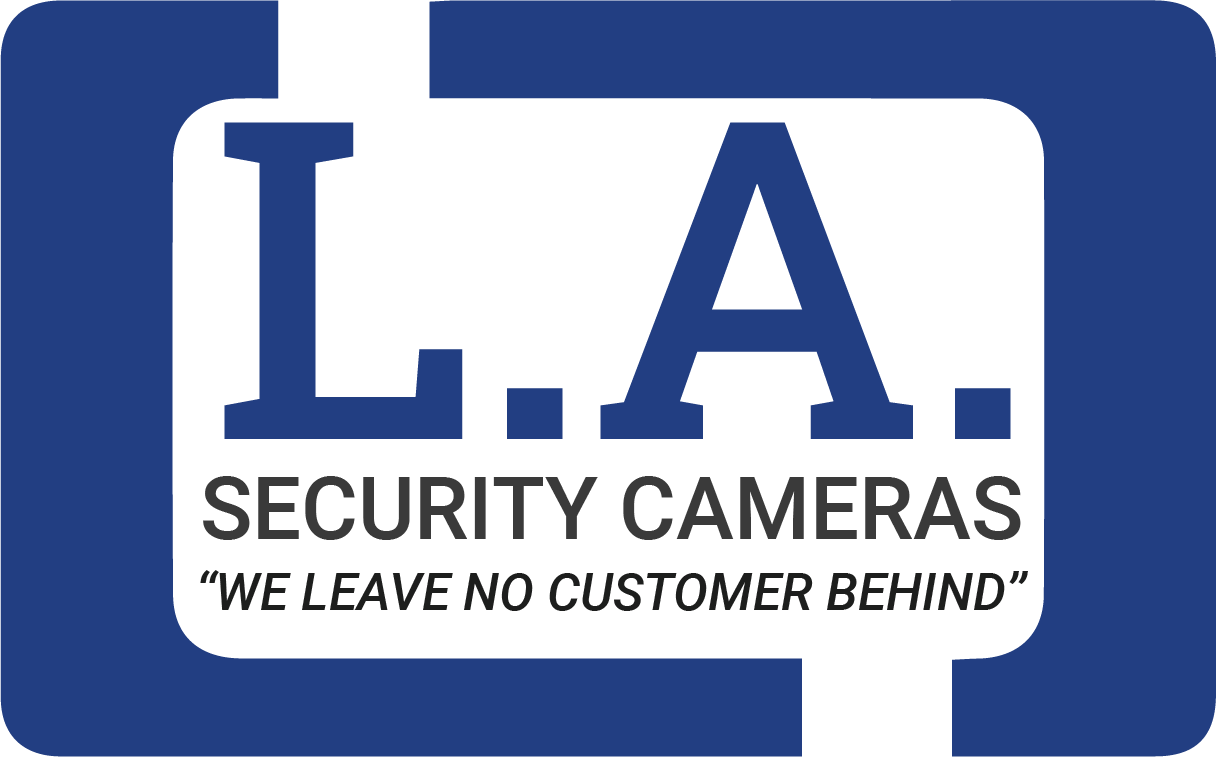DIY security cameras : can be a good option for some people, depending on their needs and technical abilities. However, there are some potential risks and downsides to consider when it comes to using DIY security cameras.
- Lack of Professional Installation and Support: DIY security cameras are typically self-installed, which means that you may not have the same level of support and guidance as you would if you had a professional install and monitor your cameras. This can make it more difficult to troubleshoot issues or get help when you need it.
- Limited Features and Capabilities: DIY security cameras may not have all of the features and capabilities of professional systems. This can include things like advanced motion detection, remote access, and cloud storage.
- Potential Security Vulnerabilities: DIY security cameras may be more vulnerable to hacking and other security threats. This is especially true if the cameras are not properly configured or secured.
- Cost and Time Investment: While DIY security cameras may be cheaper than professional systems, they still require a significant investment of time and money. You will need to purchase and set up the cameras, and may also need to invest in additional equipment such as storage devices or network equipment.
- Legal Issues: There may be legal issues to consider when it comes to installing security cameras. For example, you may need to obtain consent from employees or tenants if you are installing cameras in a workplace or residential building.
DIY security camera : In general, can be a good option for some people, but it is important to weigh the potential risks and downsides before making a decision. If you are unsure about whether DIY cameras are right for you, it may be worth consulting with a professional security company to get a better understanding of your options.
DIY security camera installation can be dangerous if proper safety precautions are not taken. Here are some potential hazards to consider when installing security cameras on your own:
- Electrical Hazards: Security cameras typically require electrical power to operate, which means that there is a risk of electrical shock or electrocution if you are not careful. Make sure to turn off the power to the area where you will be working, and use insulated tools and equipment to reduce the risk of electrical shock.
- Physical Hazards: Installing security cameras may require climbing ladders or working in high or awkward positions. This can increase the risk of falls, slips, and other physical injuries. Make sure to wear appropriate safety gear such as non-slip shoes and gloves, and use a spotter or helper to assist you with the installation.
- Structural Hazards: Security cameras may need to be mounted on walls, ceilings, or other structures, which can pose a risk if those structures are not properly reinforced. Make sure to use the appropriate hardware and mounting techniques to ensure that the cameras are securely installed.
- Exposure to Weather and Elements: Security cameras may be installed outdoors, which means that they are exposed to weather and other elements. Make sure to choose cameras that are designed for outdoor use, and install them in a way that protects them from rain, snow, and other environmental factors.
- Security Risks: Installing security cameras can also pose a security risk if you are not careful. Make sure to change the default login credentials on your cameras, and use strong passwords and encryption to protect your camera footage from unauthorized access.
DIY security camera : In general, it is important to take safety precautions when installing security cameras on your own, and to consult with a professional if you are unsure about how to properly install and configure your cameras.
DIY security camera :
DIY Security Camera Installation in Los Angeles: Expert Tips and Considerations
In today’s world, ensuring the safety and security of our homes and businesses has never been more crucial. One of the most effective ways to achieve this is through the installation of security cameras. While professional installation offers numerous advantages, many people are turning to DIY security camera installation for its cost-effectiveness and flexibility. If you’re in Los Angeles and considering this route, here are some expert tips and important considerations to guide you through the process.
Understanding the Basics of DIY Security Cameras
DIY security cameras are designed for easy installation without the need for professional help. These systems typically come with comprehensive instructions and are user-friendly. However, it’s essential to have a basic understanding of how they work, including their features and capabilities. Most DIY systems offer remote access, motion detection, and cloud storage, but these features can vary significantly between models.
Conclusion
DIY security camera installation in Los Angeles can be an excellent choice for those who are tech-savvy and looking to save on costs. By understanding the basics, choosing the right equipment, planning carefully, and following installation and configuration tips, you can create a robust security system that protects your property effectively. However, if you find the process overwhelming or face challenges, consulting with a professional can ensure your system is installed correctly and functions optimally.

